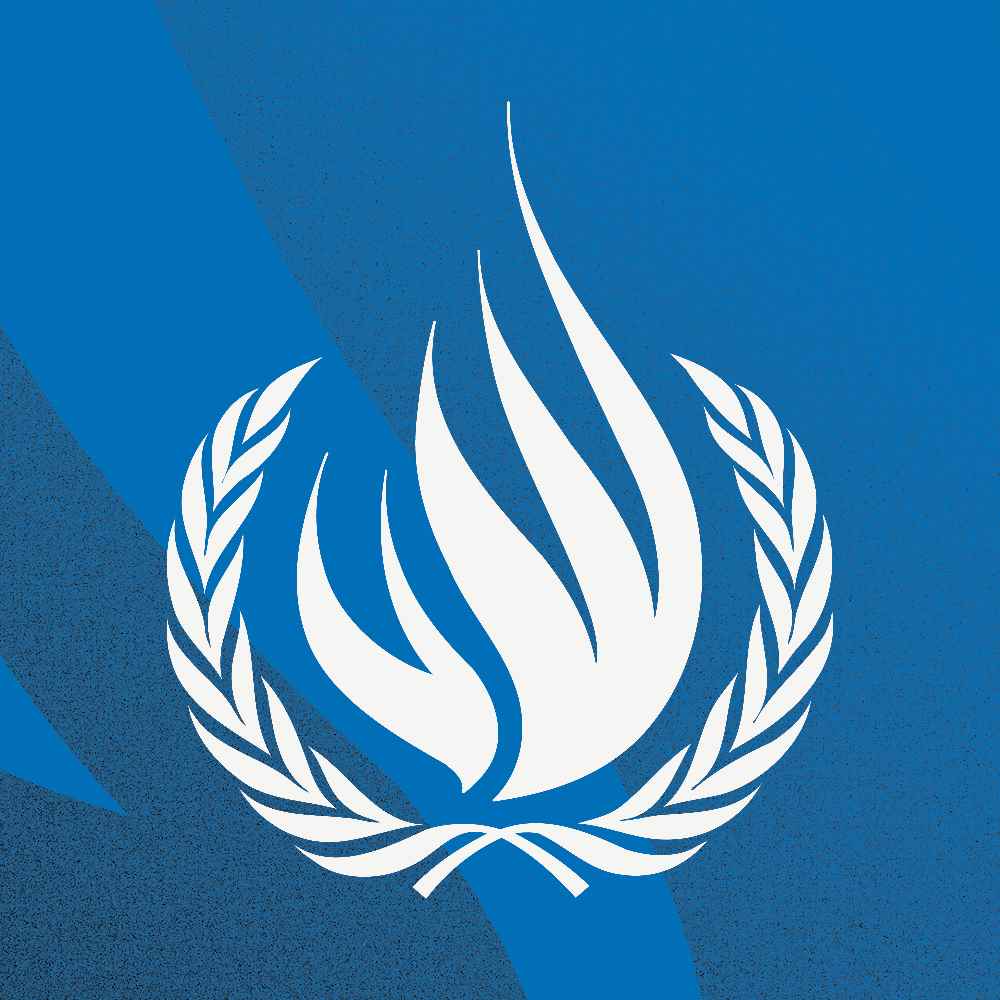
PANEL ON GOOD GOVERNANCE IN PROTECTING HUMAN RIGHTS DURING AND AFTER COVID-19 PANDEMIC
(HRC res. 45/9)
Distinguished President,
Excellencies,
Dear Participants,
As a fast-moving global health emergency, COVID-19 has compounded more entrenched, political, social and economic crises. It has changed our lives in significant ways, compromising years of progress towards the achievement of the SDGs.
It became clear that, given the physical distancing the pandemic imposed, digital technologies would become a key feature of our new normal. In fact, the global response to the pandemic relied heavily on technology and innovation in many domains.
New technologies have also proven essential to reduce the impact of the pandemic, to keep services running, the public informed and engaged in public life. Connecting via the internet was a lifeline for millions—making communications, remote work and schooling, even healthcare possible.
Yet, the reliance on technology has also raised multifaceted challenges.
First, social media has accelerated the spread of hate speech and the rapid dissemination of disinformation and fake news, notably regarding COVID-19, triggering fear, mistrust and sometimes violence.
Second, the digital transformation has left many behind. The offline population – nearly half of the world - remains disproportionately poor, rural, older and female; the majority of the 3.7 billion unconnected people are women and girls. COVID-19 created the greatest disruption to education in history, with a disproportionate impact on those without supportive and well-resourced home environments, exposing further the digital divide. The move to “virtual” can also exacerbate patterns of exclusion further undermining public participation.
Third, throughout the pandemic, State emergency measures have sometimes gone beyond what is necessary and proportionate to safeguard public health. Civic space has been constrained, with repression of peaceful assembly and of expression, and threats to dissenting voices, including through digital surveillance. The COVID-19 crisis showed weak, if non-existent, privacy protections associated with personal data collection at a massive scale. In some contexts, the data collected was used in criminal investigations (in Germany and Singapore for example), undermining public confidence in Government efforts to fight the pandemic.
The introduction of highly invasive surveillance systems, such as the use of facial recognition technology to monitor compliance with quarantine measures has raised concerns e.g. racial profiling. There is also a risk that exceptional measures, once in place, are not lifted even when no longer warranted by public health concerns.
Equally troubling was the scale of internet shutdowns carried out during the pandemic. In 2020, at least 155 internet shutdowns or intentional slow internet access were reported in 29 countries. Between 2016 and 2021, 52 elections were affected by shutdowns and this limited access to internet. Our Office’s report on this issue, presented at this HRC session, stresses that shutdowns during a global health emergency undermine one of the sole remaining channels for education, work, free expression – therefore putting countless lives, and livelihoods, at risk.
Excellencies,
Ladies and Gentlemen,
Many countries still lack the necessary legal, institutional and good governance frameworks. Governments have a duty to protect citizens against abuse and misuse of digital technologies. Looking ahead, we have some key recommendations:
The pandemic underscored that human rights should be at the heart of tech governance, based on the core principles underpinning the Agenda for Sustainable Development; that is equality and non-discrimination, participation, accountability and transparency. The latter is of paramount importance for trust building and it should guide state regulation of new technologies and private sector behaviour.
The requirements of legality, legitimacy, necessity and proportionality must be consistently applied.
Victims of human rights violations and abuses should have access to effective judicial and non-judicial remedies.
Any measure interfering with rights require a solid basis in a clear and publicly accessible data privacy and protection law. Exceptional measures, such as intrusive health surveillance measures, must be phased out once the crisis is over.
States and businesses should systematically carry out human rights due diligence with digital technologies in order to prevent and mitigate adverse impacts.
In 2020, the Secretary-General launched two initiatives responding to the urgent need to regulate the use of artificial intelligence: the Call to Action for Human Rights, and a Roadmap for Digital Cooperation. Our Office is developing UN system-wide guidance on the application of a human rights-based approach to the use of new technologies, complementary to the existing Guiding Principles on Business and Human Rights. We must work together to mitigate the harmful use of technologies in order to fully harness their enabling potential.
I wish you all success with your deliberations.







